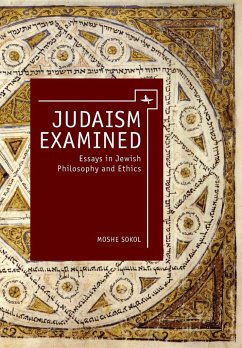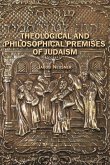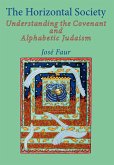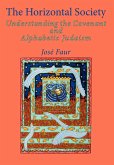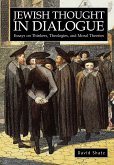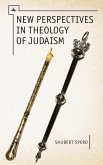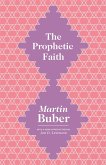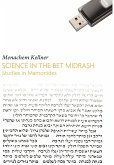Are there theoretical grounds for tolerance in the classical Jewish tradition? Is human autonomy endorsed by Judaism? What is the range of attitudes toward pleasure that has found expression in Jewish sources? What does Maimonides have to say about joy, and what does Rabbi Joseph B. Soloveitchik teach about human suffering? This volume of essays examines these and many other key questions about Judaism from the rigorous perspective of philosophical analysis. Unlike most scholarship in Jewish philosophy, which approaches the field primarily from the perspective of intellectual history, this volume also engages in active philosophical dialogue with the texts and thinkers it addresses. Judaism Examined is a much-needed answering voice to the perennial questions of Jewish philosophy.
Hinweis: Dieser Artikel kann nur an eine deutsche Lieferadresse ausgeliefert werden.
Hinweis: Dieser Artikel kann nur an eine deutsche Lieferadresse ausgeliefert werden.

